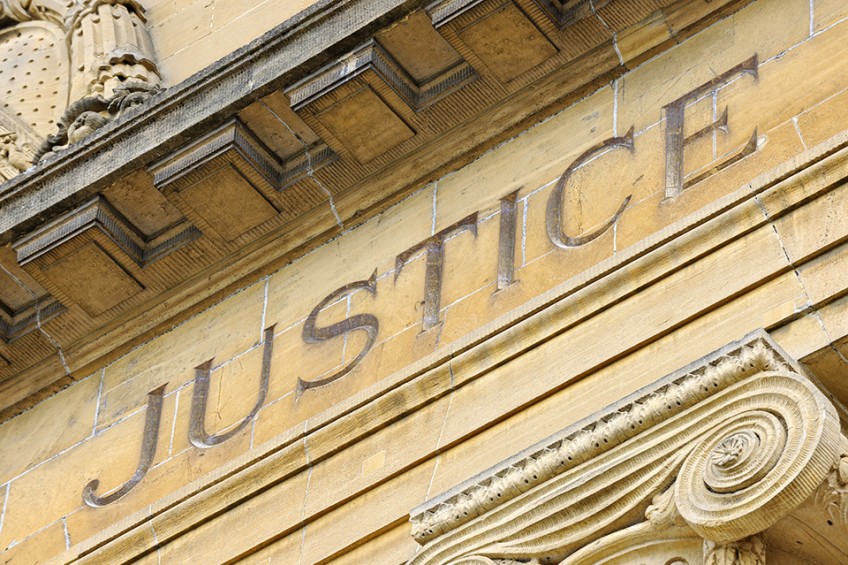Asset Forfeiture Transparency Improves Government Accountability in Alabama and Everywhere
Over 100 years ago, United States Supreme Court Justice Louis Brandeis famously wrote, “Sunlight is said to be the best of disinfectants.” Alabama’s new Civil Asset Forfeiture Database will provide sunlight to the asset forfeiture process and help prevent against abusive practices.
ALEC applauds efforts by the Alabama District Attorneys Association to support the creation of a Civil Asset Forfeiture Database, which will contain detailed information to guide lawmakers as they review the seizures and forfeitures conducted by of law enforcement agencies. The information will include references to the underlying criminal activity, cases, location data, description the property seized, claims and claimants, and the disposition of the case and property. Many of these provisions follow the ALEC model Reporting of Seizure and Forfeiture Act, which aims to make the asset forfeiture process more open and transparent.
“This is an encouraging step for the state of Alabama regarding the protection of private property rights. The Civil Asset Forfeiture Database will serve as a crucial resource to enable the Alabama Legislature to conduct meaningful oversight of the asset forfeiture process,” said ALEC Criminal Justice Task Force Director Ronald Lampard.
Asset forfeiture is the permanent taking of private property by government agencies at the local, state and federal levels. Civil asset forfeiture abuses in various states throughout the country are well-documented. There are several instances where individuals have seen their property seized by the state or federal government, despite the fact they were never charged with a crime. In addition, it is very difficult for individuals to get their seized property back from the government. Frequently, it is costlier to try to get the seized property back, as hiring an attorney is often prohibitively expensive. Furthermore, in many instances, the burden is on the individual whose property was seized to prove the property’s “innocence.” States have begun to address this and make improvements to the status quo.
Efforts have been largely bipartisan, with legislators of both political parties working as one to improve the laws of their respective states. Within the last two years both red and blue states, such as Idaho, Illinois, Mississippi and New Hampshire, have made improvements to their asset forfeiture transparency laws. These laws included provisions requiring an agency that seizes property to disclose what property was seized, whether the property was forfeited, where the forfeiture proceeds are directed and whether the property owner was charged with a crime. These reporting requirements allow for a more open and transparent civil asset forfeiture process, which best serves the public.

